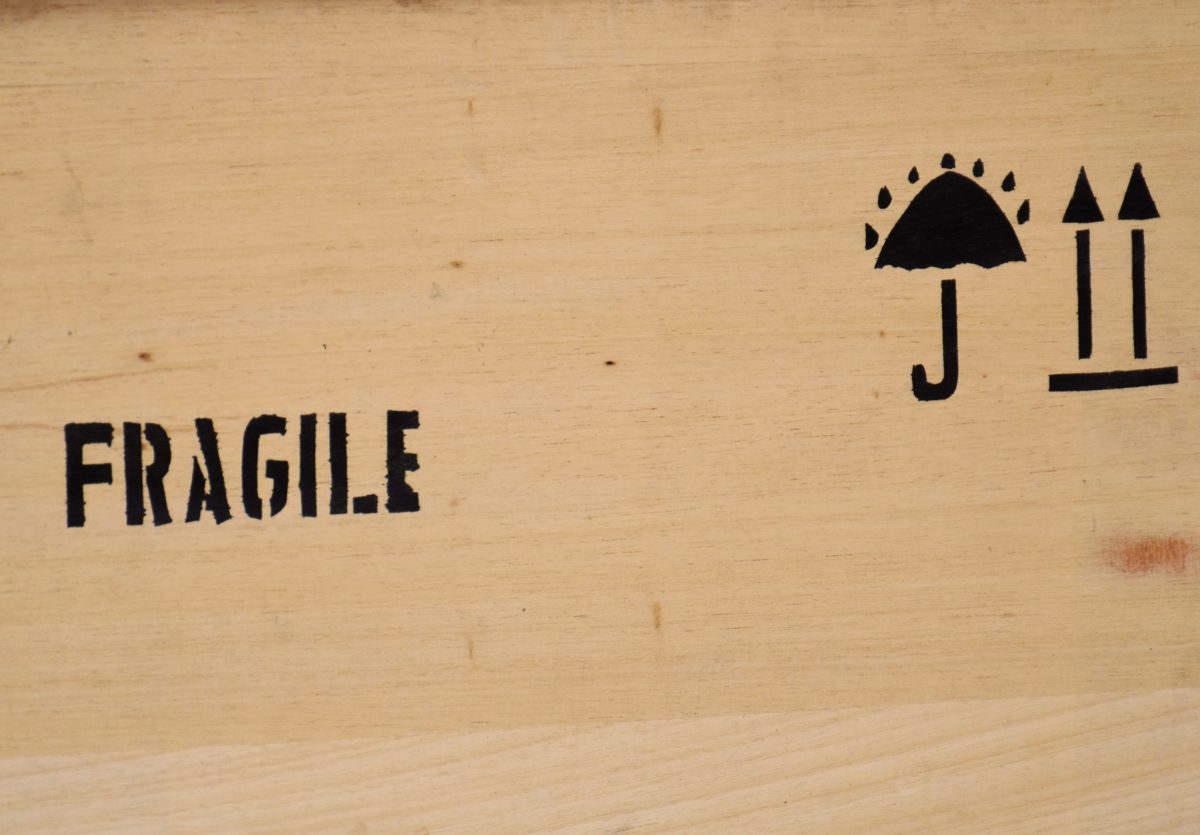Blockchain has been a subject of considerable controversy since its invention by Satoshi Nakamoto in 2008. While some believe the technology is set to revolutionize industries, others feel this technology poses more danger than benefit.
So what about blockchain for the supply chain and logistics industries?
This university study called Blockchain in Logistics and Supply Chain: Trick or Treat? asks logistics workers if they feel optimistic about blockchain. Researchers Niels Hackius and Moritz Petersen write “As our findings show, blockchain is expected to have a considerable impact on the logistics industry and should be considered a treat.”
“However, our findings also show logisticians should start “chewing” on blockchain soon. They are well-advised to find out how much of the overall blockchain hype could be developed into a value-add for their service portfolio before someone else does.”
Of course, there are always two sides to any story. According to some industry experts, it’s too early to make a judgement call on blockchain’s contribution to logistics and SCM.
In this Logistics Management article, logistics expert Adrian Gonzalez says “My fear is that people will view it as a silver bullet solution for supply chain visibility. But the challenges related to supply chain visibility are not related to just software. There is still a lot of [bad] data and data across multiple different standards and computers, with different nomenclatures. There is the challenge of aggregating and cleansing data. Blockchain does not solve that.”
Here are some of the ways logistics and the supply chain might be influenced by blockchain
Blockchain can increase supply chain efficiency and transparency
Supply chains are complex which increases the potential for mishaps along the way. As products are moved, payments are received and inevitable interruptions occur, industry leaders are interested in how blockchain can better facilitate logistics.
According to Forbes, “Ultimately, blockchain can increase the efficiency and transparency of supply chains and positively impact everything from warehousing to delivery to payment. Chain of command is essential for many things, and blockchain has the chain of command built in.”
Allow for more innovative logistical business models
Many supply chain and logistics companies still rely on a paper trail to keep track of data. But according to Forbes, “Blockchain can greatly reduce bureaucracy and paperwork.” Blockchain provides a mechanism for more innovative technologies like micropayments, tamper-proof documents and more.
One expert even claims that supply chains are ideal for including blockchain technology. According to MIT Sloan senior lecturer Michael Casey, “There’s a series of entities along a chain. They have a common goal, but they have mistrust because every buyer wants to buy low and every seller wants to sell high. The idea is that, if we created a common set of records that shows the system’s transactions, people could be more open with the information they share.”
Create a strong digital trail through the complete supply chain
It’s not uncommon for products to get lost or stuck in the supply chain. According to Inbound Logistics, “Blockchain creates a digital trail that can be fixed or recreated seamlessly at any point in transit.”
Hypothetically, any time a product moves in the wrong direction, blockchain would ensure the logistics company could trace it immediately and, therefore, be able to correct the problem immediately. As a result, customer satisfaction would increase; products, including food and other perishable materials, would be preserved.
Better, accelerated transportation services
Waiting for blockchain and logistics transportation to happen? It already has.
The Blockchain in Trucking Alliance (BiTA) is already facilitating blockchain technology development through its forum that includes members from many industries, including logistics. A BiTA news article says “joint ports will be streamlined in the Asia Pacific by using blockchain and artificial intelligence.”
As a result blockchain will “extend connectivity to include the final buyers and sellers rather than just from port to port, and custom to custom, bringing banks as financial institutions as lenders and customers under one roof as well as establishing and increasing asset-backed securitisation from the operation by securing high yield assets.
How to move forward with blockchain technology
The full potential of blockchain technology is yet to be seen and is a subject of great interest. Blockchain embodies looking to the future and challenges our industry to continuously improve. As blockchains converge with supply chains, increasing numbers of logistics companies will understand how the technology can benefit the industry as a whole. If you want to compete, you have to be at the forefront of technology, especially in the global marketplace.
___
Although it’s too early to predict the the full impact of blockchain’s influence of on logistics and supply chains, it’s important to consider the technology and its potential to update the logistics industry.
As blockchain continues to evolve there are bound to be mishaps; sizeable investments will need to be made and even entire workforces might need to be retrained. However, Ernst & Young LLP partner, Gaurav Malhotra says “We see blockchain potentially playing a very significant part in the supply chain space”.

